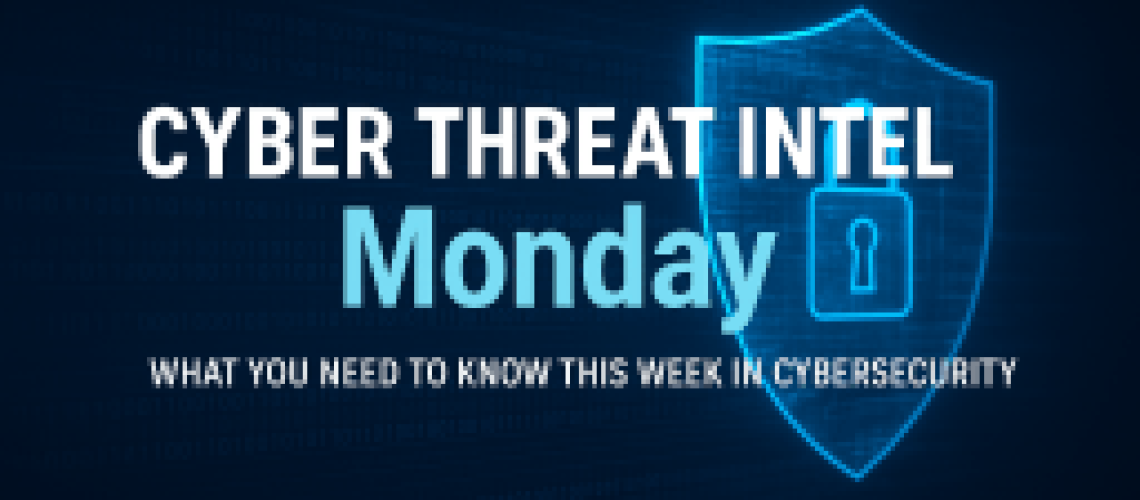“Global Threats, Local Impact: This Week’s Cyber Risk Update”
This past week has been a loud reminder that cyber threats are growing in speed, scale, and sophistication. From nation-state actors exploiting enterprise systems to AI-driven fraudsters executing multi-million-dollar scams, the digital threat landscape is evolving at a relentless pace.
In this week’s roundup, we unpack three major developments: an urgent Microsoft SharePoint vulnerability, a massive cyberattack crippling Russian airline operations, and the explosive rise of AI-enhanced scams. Here’s what you need to know to protect your organization going into the week ahead.
Threat Roundup
1. Microsoft SharePoint Zero-Day Exploited by Nation-State Hackers
What happened:
Multiple Chinese-linked threat groups—identified as Storm-2603, Linen Typhoon, and Violet Typhoon—are exploiting critical zero-day vulnerabilities in Microsoft SharePoint on-premises environments. These exploits are being used to deploy the “Warlock” and “LockBit” ransomware strains, compromising enterprise systems and data.
Timeline:
- Vulnerability disclosed: July 7, 2025
- Microsoft patch issued: July 10
- Exploits detected bypassing patch: July 20+
Impact:
- Thousands of vulnerable servers are exposed globally
- Remote code execution (RCE) enables full control of compromised servers
- Exploits are bypassing standard AMSI protections
Mitigation:
- Immediately patch all SharePoint servers (even if already patched on July 10)
- Rotate ASP.NET machine keys and restart IIS
- Isolate public-facing SharePoint instances
- Monitor for indicators of compromise, including new ASPX files in /_layouts/
2. Aeroflot Disrupted by Coordinated Cyberattack
What happened:
Aeroflot, Russia’s largest airline, experienced widespread flight cancellations and IT outages after a massive cyberattack reportedly led by the Belarusian “Cyber Partisans” and Ukrainian group “Silent Crow.” The attackers claim to have infiltrated systems for nearly a year.
Impact:
- 7,000 servers wiped
- 20TB of stolen data, including surveillance, travel logs, and executive communications
- 100+ flights delayed or cancelled on July 27–28
- Investigations are underway by Russian state authorities
Why it matters:
This is one of the most significant aviation cyber incidents in 2025. It demonstrates how cyber warfare is moving beyond disruption and toward long-term infiltration and intelligence gathering.
3. AI-Powered Scams: The New "Nuclear Bomb"
What happened:
Scammers are using deepfake videos, voice cloning, and AI-driven reconnaissance to execute financial fraud at scale. A recent case in Australia saw $20 million stolen via a manipulated virtual meeting with a fake CEO using real-time AI audio.
Key Tactics:
- AI-enhanced phishing: personalized and adaptive
- Deepfake voice and video calls: bypassing verification processes
- Automated social engineering pipelines
Risks:
- Business Email Compromise (BEC) at unprecedented scale
- Zero-day deepfakes and impersonation attacks
- Reduced human suspicion due to realism
Response Strategy:
- Upgrade employee awareness training with AI scam scenarios
- Adopt voice/visual verification protocols
- Implement advanced behavioural detection tools across endpoints
Final Thoughts: From Intelligence to Action
These developments are more than isolated incidents—they reflect a maturing threat landscape where cybercriminals use enterprise tools, nation-state tactics, and now AI-driven automation.
Your Week-Ahead Checklist:
- Audit and patch SharePoint servers ASAP
- Implement network segmentation for critical infrastructure
- Review your MFA and voice verification protocols
- Launch a tabletop exercise on AI-driven phishing
If your organization needs help assessing cyber risks, responding to threats, or enhancing your security posture, the experts at SOClogix are here to help. Contact us today for tailored threat intelligence, managed security services, and proactive protection that keeps your business secure.


